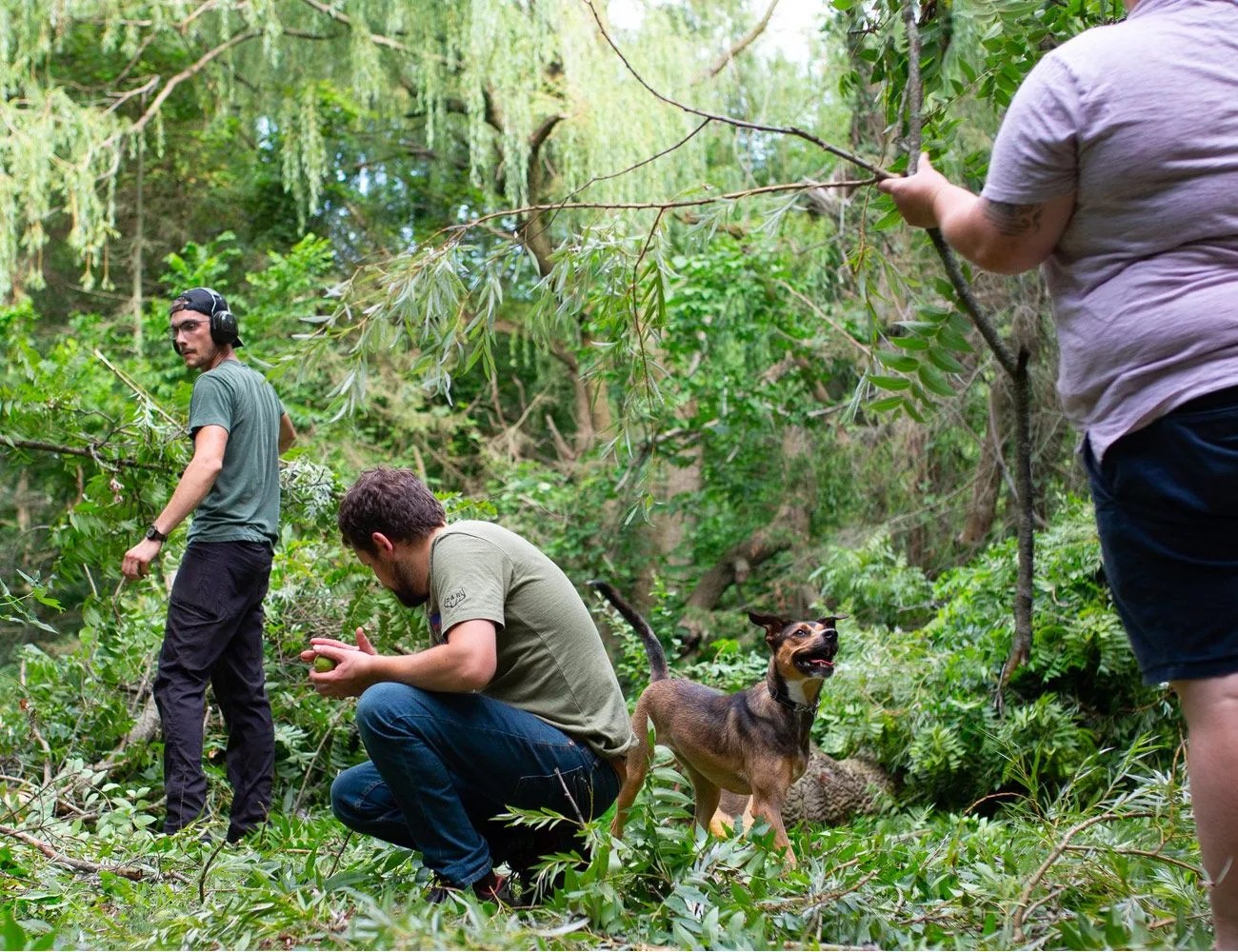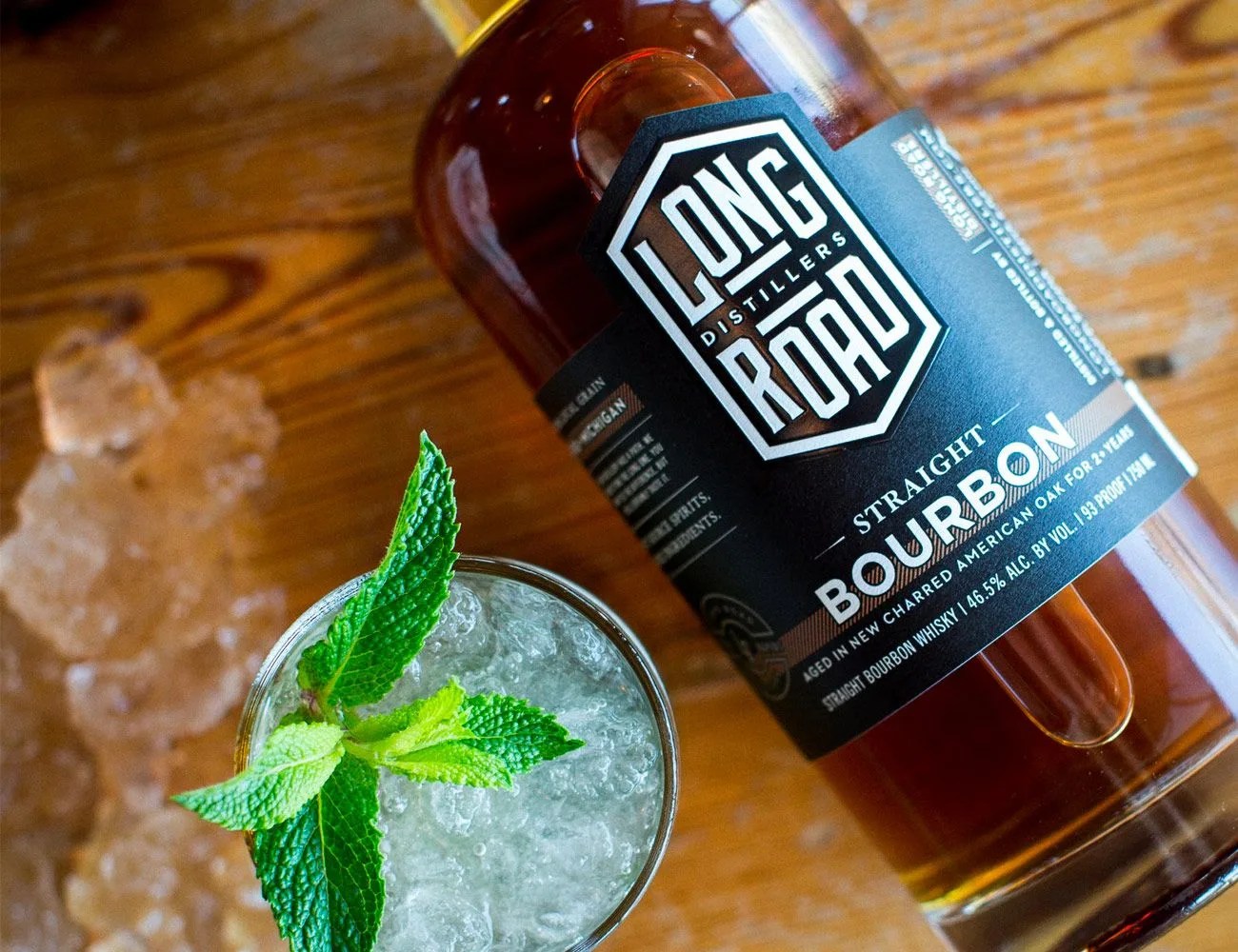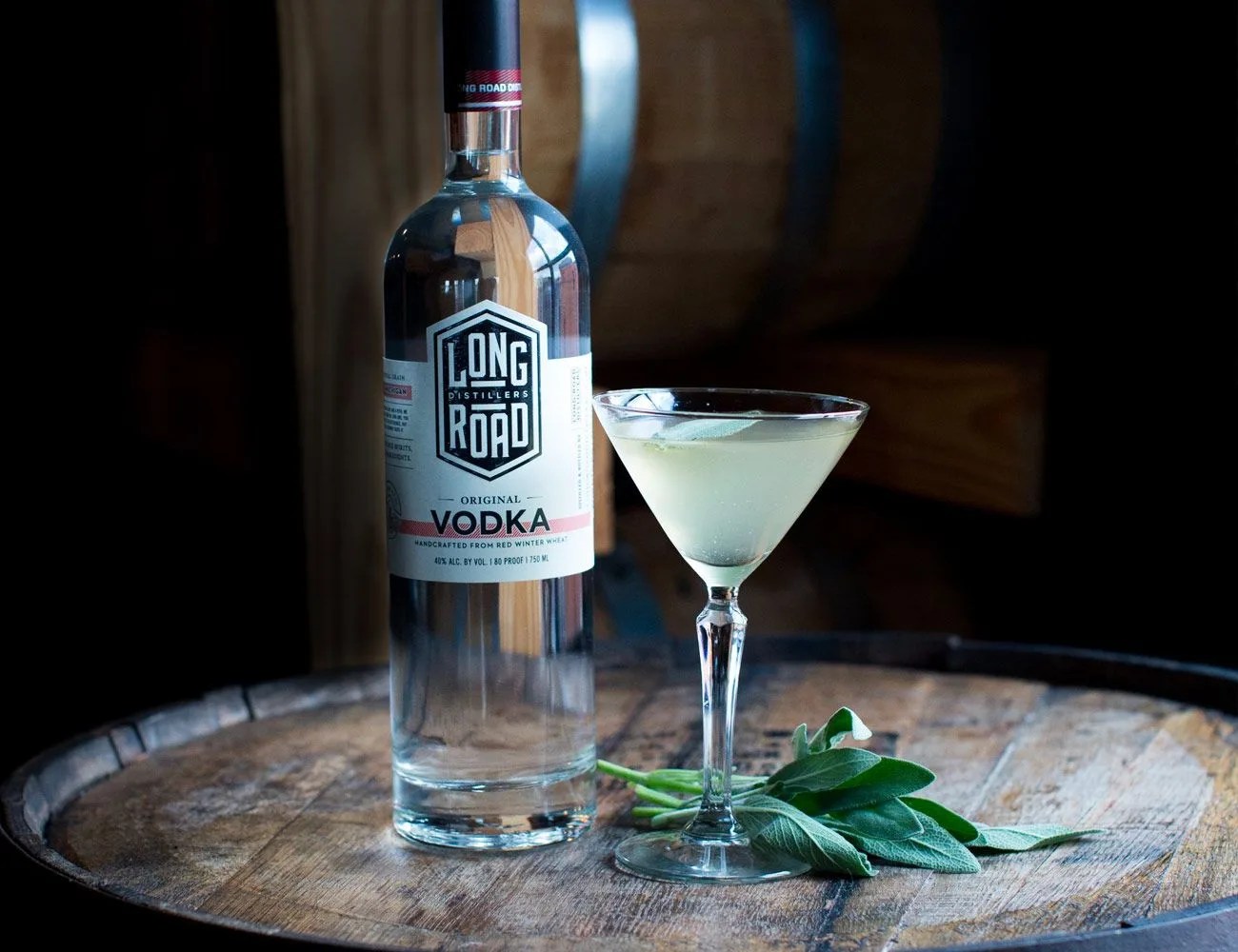Thirty miles off the northwestern coast of Michigan’s Lower Peninsula, a lush green island, bordered by blonde beaches, sits amidst an archipelago in Lake Michigan. Billed as “America’s Emerald Isle,” Beaver Island was once a bastion for Mormons and fishermen. Today, it’s home to just 500 residents, scattered among 56 square miles of forest. Not far from Traverse City and other mainland resort towns, Beaver Island is a quick boat ride away for tourists in search of true wilderness. Few places in the continental U.S. offer such seclusion so close to civilization.
Among the plant life, the residents of Beaver Island struggle with an overabundance of juniper, an invasive, berry-bearing coniferous shrub that can spread like a virus. Luckily for an ambitious Michigan distillery, the shrub’s essential oils are the primary flavor driver in gin.
The owners of Long Road Distillers in Grand Rapids, Michigan, learned of Beaver Island’s plentiful supply of the plant and set off to assist the island’s 500 residents in controlling the weed-like opponent. Kyle VanStrien and Jon O’Connor, who founded the distillery in 2015, saw the trip to Beaver Island as a perfect opportunity to further their commitment to using local ingredients in their products and bring their staff together.
Last fall, VanStrien and O’Connor took a ferry to the island and collected more than 200 pounds of juniper berries, which they used to distill a gin made from Michigan-only ingredients, aptly called Michigin. The spirit also included wheat, hops and other botanicals sourced from farmers throughout the state.

“What started out as strictly a juniper-picking trip turned out to be a great opportunity for our team to work together on a product that epitomizes our core values and our shared vision for crafting world-class spirits from local ingredients,” O’Connor said. “Not only that, the finished product is unlike any other gin on the market due to the unique flavors we were able to extract by using local juniper and distilling it fresh.”
Wild Michigan juniper at the whim of the elements of being grown in the middle of Lake Michigan, so it’s much softer and not as piney as commercially-grown juniper, instead offering more cedar and vegetal notes.


